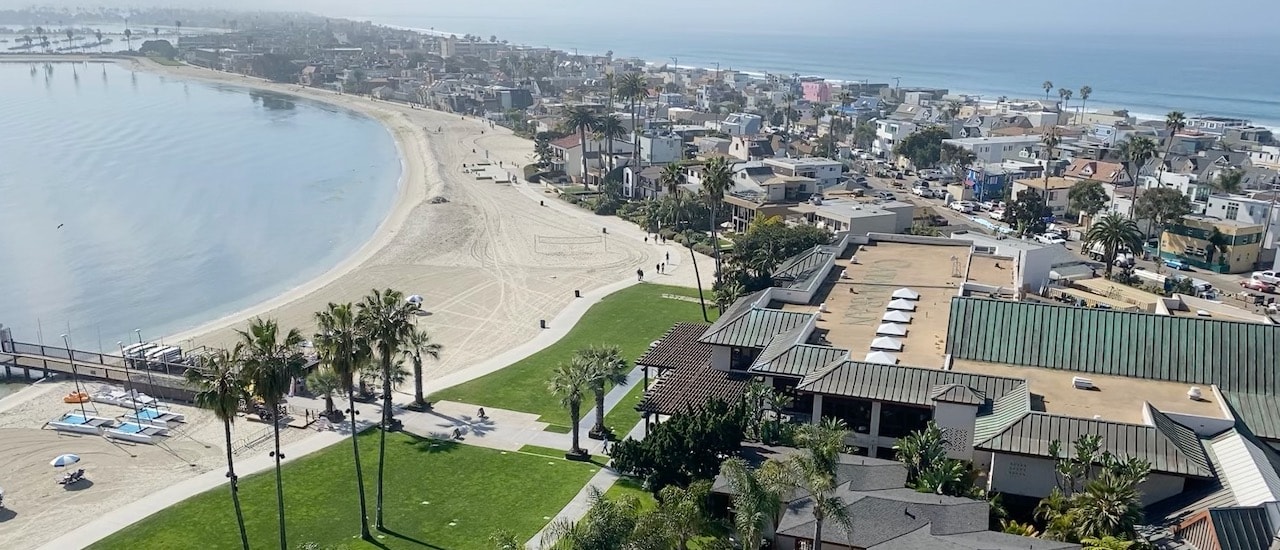On 23 February, the 27th consecutive Network and Distributed System Security Symposium (NDSS) kicks off in San Diego, CA. NDSS is a premier academic research conference addressing a wide range of topics on network and system security. It’s an incubator for new, innovative ideas and research on the security and privacy of the Internet.
NDSS 2020 (23-26 February) will be one of the biggest NDSS symposium yet, featuring 88 peer-reviewed academic papers, 34 posters, 5 workshops, and 2 keynotes on vital and timely topics. Here are some of the highlights.
Workshops
This year’s program officially starts with five workshops on Sunday, 23 February. NDSS workshops are organized around a single topic and provide an opportunity for greater dialogue between researchers and practitioners in the area.
The QUIC Privacy and Security (QUIPS) Workshop focuses on QUIC security and privacy analysis efforts. The IETF QUIC protocol is a modern UDP-based, stream-multiplexing, encrypted transport protocol. Inspired by prior art, QUIC’s packet and header encryption removes cleartext information from the network while simultaneously mitigating ossification of version-specific protocol behavior. The goal of the QUIPS workshop is to bring formal analysis results to the IETF working group and developer communities in order to build confidence in and improve QUIC before its widespread deployment.
The Workshop on Measurements, Attacks and Defenses for the Web (MADWeb) returns this year after making its debut in 2019. The web connects billions of devices, running numerous types of clients, and serves billions of users every day. To cope with such a widespread adoption, the web constantly changes. This is evident by some browsers that have a release cycle of just six weeks. These rapid changes are not always studied from a security perspective, resulting in new attack vectors that were never observed before. MADWeb is looking to connect researchers working at the intersection of browser evolution and web security. The goal is to bring together a community to discuss the rapid changes to browsers from a security perspective, the security implications of current web technologies, and how we can make browsers in the future more secure without hindering the evolution of the web.
The Learning from Authoritative Security Experiment Results (LASER) Workshop focuses on learning from and improving cybersecurity experimental results. The workshop strives to provide a highly interactive, collegial environment for discussing and learning from experimental methodologies, execution, and results. Ultimately, the workshop seeks to foster a dramatic change in the experimental paradigm for cybersecurity research, improving the overall quality and reporting of practiced science. As such, it will be structured as a true “workshop” in the sense that it will focus on discussions and interactions around the topic of experimental methodologies, execution, and results with the goal of encouraging improvements in experimental science in cybersecurity research. Authors will lead the group in a discussion of the experimental aspects of their respective efforts.
The Binary Analysis Research (BAR) Workshop returns for its third year at NDSS. Binary analysis refers to the process where humans and automated systems examine underlying code in software to discover, exploit, and defend against vulnerabilities. With the enormous and ever-increasing amount of software in the world today, formalized and automated methods of analysis are vital to improving security. This workshop will emphasize the importance of releasing and sharing artifacts that can be used to reproduce results in papers and can be used as a basis for further research and development.
The Workshop on Decentralized IoT Systems and Security (DISS) is also in its third year. The seemingly endless potential of the Internet of Things (IoT) is somewhat tempered by the ongoing concern over the ever-increasing risk that these devices pose to the Internet. The ultimate success of IoT depends on solving the underlying security and privacy challenges. Following the spirit of NDSS, the goal of this workshop is to bring together researchers and practitioners to analyze and discuss decentralized security in the IoT.
Keynotes
There will be two keynotes this year: Paul Forney, Chief Security Architect at Schneider Electric, on Monday, and Dr. Sharon Goldberg, Associate Professor in the Computer Science Department at Boston University and CEO/Co-Founder of Arwen, on Tuesday.
Paul Forney will discuss “Overcoming the ‘Evil Twins’ Attack: Lessons Learned from the Industrial Battlefield.” He asks the important question: “What could happen during a simultaneous attack of the industrial safety controllers (SIS) and Industrial Control Systems (ICS) of a critical infrastructure system?” Paul will discuss the technical lessons that can be learned from this sort of attack and how to best architect, protect, and contextualize a better future.
Dr. Sharon Goldberg will present “A Few Adventures in Technology Transfer.” This talk will discuss her adventures in technology transfer and in particular address two key metrics – ease of integration and precise specification.
NDSS 2020 Papers
The star and indeed the core of NDSS 2020 is the final set of peer-reviewed academic papers to be presented and published. This year there are 88 peer-reviewed papers organized into 19 sessions, representing less than 20% of the original submissions. This year there were over 500 submissions during both a summer and a fall submission period. A program committee of 97 experts assisted by 133 external reviewers worked to select and shepherd the accepted papers to this result. Topics cover a wide range including authentication, cryptography, censorship, network security, privacy, IoT, and mobile and web security. Papers, slides, and videos of all the talks will eventually be available on the NDSS 2020 programme page. The detailed agenda is already there!
Finally, NDSS 2020 also includes an energetic Poster Session and Reception featuring 34 posters of recently published or newly-emerging research. Attendees can vote for their favorites with special prizes being awarded in different categories.
All of this fabulous content takes a huge effort by a large group of people. Special note should be given to the Program Committee along with the Organizing Committee. This is teamwork and collaboration in action!
NDSS is where the next generation of security research starts, and for more than 20 years, the Internet Society has been a proud partner in hosting this event. Nearly 450 security experts will gather this coming week in San Diego to collaborate and engage in research discussion to help advance network and system security – all for the benefit of better security and a strong Internet.
Follow along via our social media channels – Twitter, Facebook, and LinkedIn, or search/post using #NDSS20.
See you in San Diego!

